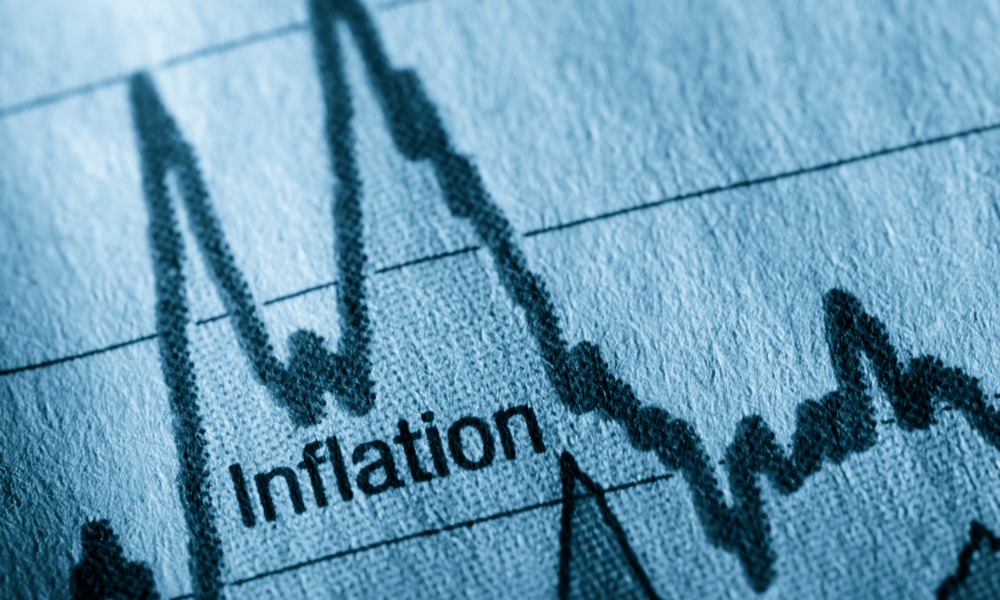US Federal Reserve slows rate cuts, citing inflation risks and uncertainty under incoming Trump policies

The US Federal Reserve plans to slow the pace of interest rate cuts this year, as revealed in the minutes from the December 17-18 meeting, reported by BNN Bloomberg.
Officials cited persistent inflation and uncertainties surrounding tariffs and potential policy shifts under the incoming Trump administration.
During the meeting, the Fed decided to cut its key interest rate by a quarter-point to approximately 4.3 percent, marking the third consecutive reduction.
However, Cleveland Fed President Beth Hammack dissented, advocating for no change. Despite the cut, officials widely agreed it was time to adopt a more cautious approach moving forward.
Fed Chair Jerome Powell described the decision to reduce rates as a “close call,” noting inflation’s resilience has prompted many officials to adjust their expectations for rate cuts.
Inflation, measured by the Fed’s preferred gauge, increased to 2.4 percent in November compared to the previous year, exceeding the central bank's 2 percent target. Excluding food and energy, inflation stood at 2.8 percent.
The minutes highlighted a division among policymakers. Some preferred holding rates steady, while others supported cuts but acknowledged the need for fewer reductions in 2025.
Officials predicted only two rate cuts this year, down from an earlier projection of four.
The Fed expressed concerns about potential changes in trade and immigration policies, which could further elevate inflation. Economists at Goldman Sachs estimated that tariffs proposed by President-elect Trump could raise inflation by nearly half a percentage point this year.
The minutes noted the staff's uncertainty regarding how Trump’s fiscal, regulatory, and trade policies might affect the economy, prompting them to include multiple scenarios in their analysis.
Powell acknowledged these uncertainties during a news conference, warning that elevated borrowing costs for homes, cars, and credit cards would persist. He added that the Fed was at or near the point where slowing policy easing would be appropriate.
Fed governor Christopher Waller maintained his support for rate cuts this year, predicting US inflation would gradually decline to the 2 percent target.
However, he expressed skepticism that Trump would implement the universal tariffs he pledged during his campaign, stating they would not influence his preference for reduced borrowing costs.
The Fed’s December decisions caused stock markets to plummet after officials revised their outlook for rate cuts.
Policymakers highlighted that inflation remained stubborn in recent readings and that proposed tariffs could keep it elevated, signalling challenges ahead for US monetary policy.



